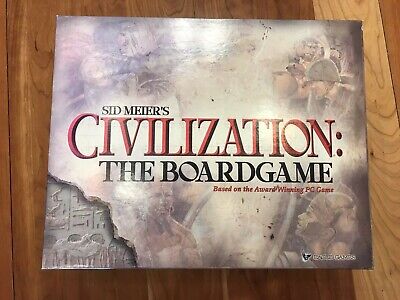 — Create a civilization to stand the test of time!
— Create a civilization to stand the test of time!
By Patrick S. Baker
(Read Part one here)
Moves: Legal and Business
In 1996, MicroProse released Sid Meier’s Civilization II (Civ II) for the personal computer (PC) and Avalon Hill then sued MicroProse over the use of the name, Civilization, asserting they had reclaimed the previously licensed copyright. As this lawsuit worked through the legal system, Activision released Civilization: Call to Power, also for the PC, in 1998. This set off a three-sided legal battle over the use of the name. At the same time “the video game industry … was like the Wild West, with companies starting up, closing, buying and selling other companies, and also trading, assigning and purchasing Intellectual Properties (IPs) at a furious rate.”
 What a treat we have today, we have Non-Breaking and Stephen Rangazas, the designers for Combat Commander: Vietnam. You don’t want to miss their only podcast where they talk about taking Chad Jensen’s classic to Vietnam.
What a treat we have today, we have Non-Breaking and Stephen Rangazas, the designers for Combat Commander: Vietnam. You don’t want to miss their only podcast where they talk about taking Chad Jensen’s classic to Vietnam.
 — Create a civilization to stand the test of time!
— Create a civilization to stand the test of time!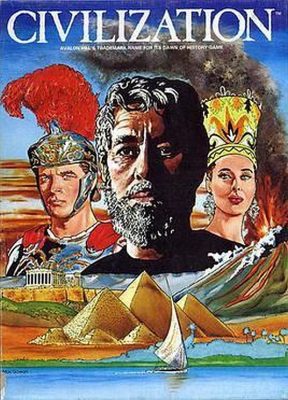
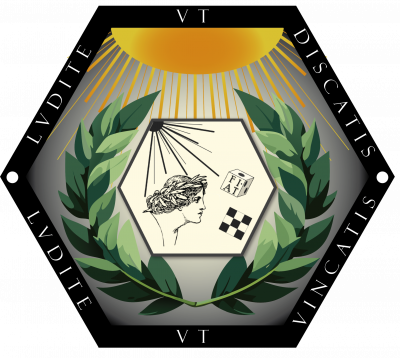 By Mitch Reed
By Mitch Reed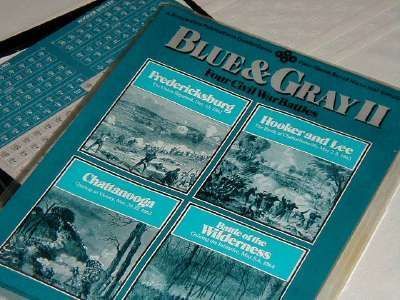
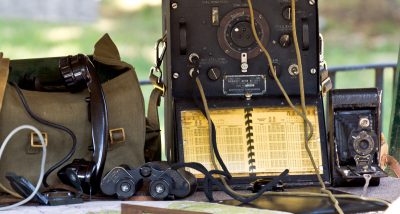 Huge treat for you today in this long (but interesting) episode. We have Hermann Luttmann (A Most Fearful Sacrifice and many others) and Ryan Heilman (Brave Little Belgium and many others) and we talk about their new design “Into the Whirlpool” coming out from
Huge treat for you today in this long (but interesting) episode. We have Hermann Luttmann (A Most Fearful Sacrifice and many others) and Ryan Heilman (Brave Little Belgium and many others) and we talk about their new design “Into the Whirlpool” coming out from 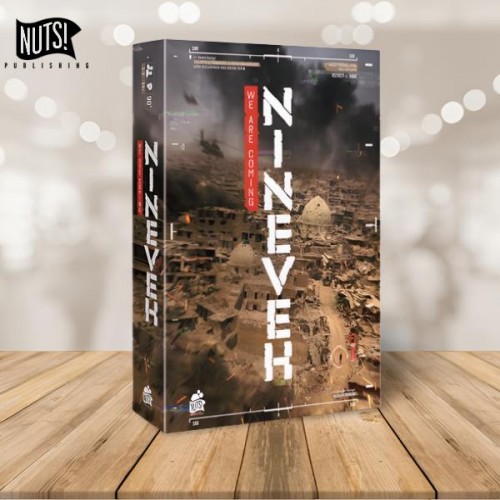 By Mitch Reed
By Mitch Reed